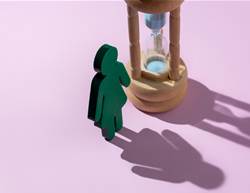When most of us complain about our periods, we kvetch about those heavy flow days and the bloating, cramping, and exhaustion that can go along with them. So if your period suddenly becomes very light the whole time, it might seem like a good thing. While less bleeding may very well make you more comfortable, it could be a sign something's gone awry. (An unusually heavy period can also be cause for concern.)
Reproductive endocrinology specialist Dr Lina Akopians, says that a period that lightens up substantially could be caused by a hormonal issue or a structural one (meaning something happened to an organ in your body). Here are 8 reasons that might explain why your flow is so light. (Want to pick up some healthier habits? Sign up to get healthy living tips delivered straight to your inbox!)


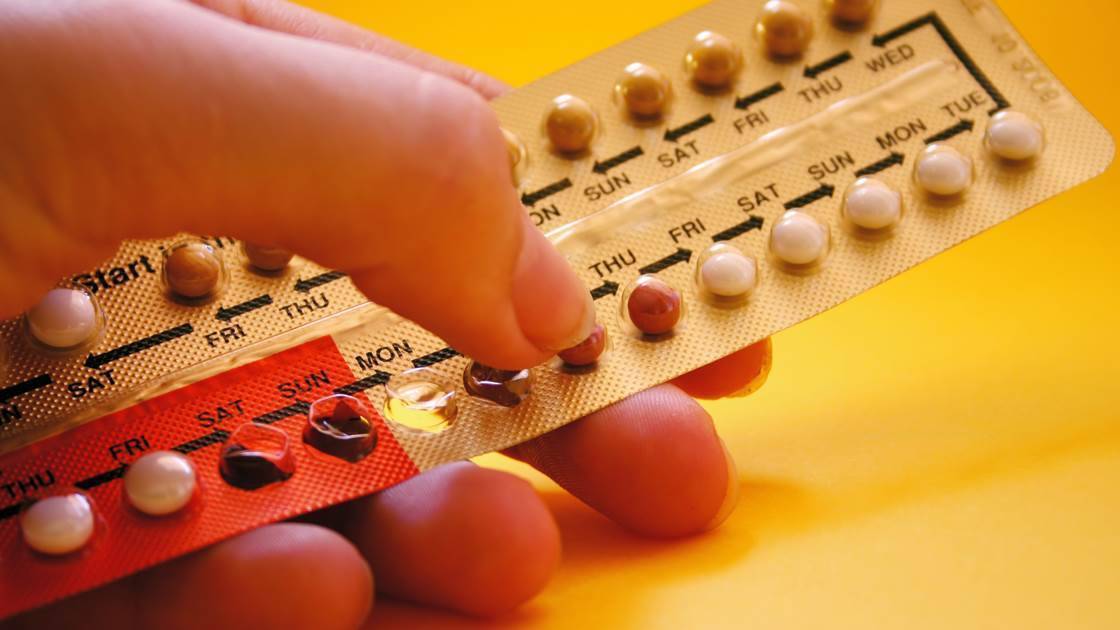
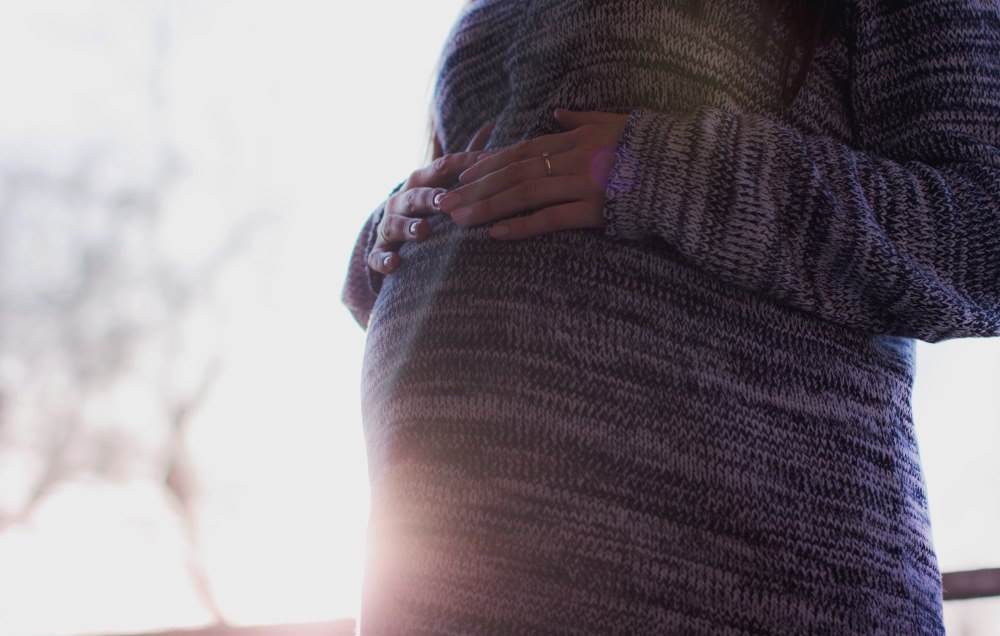

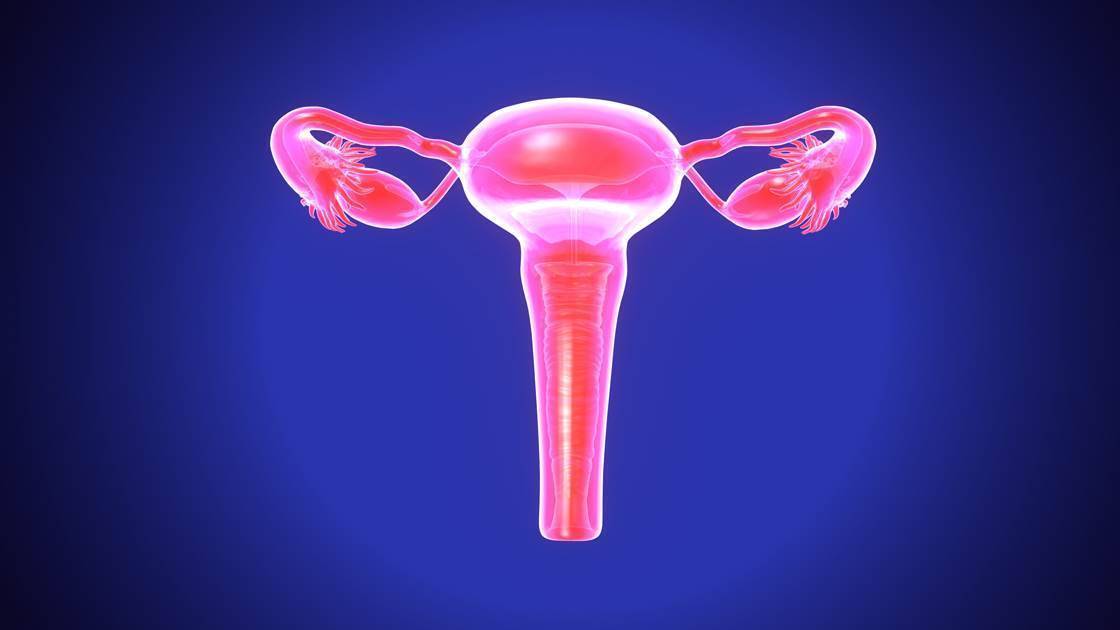
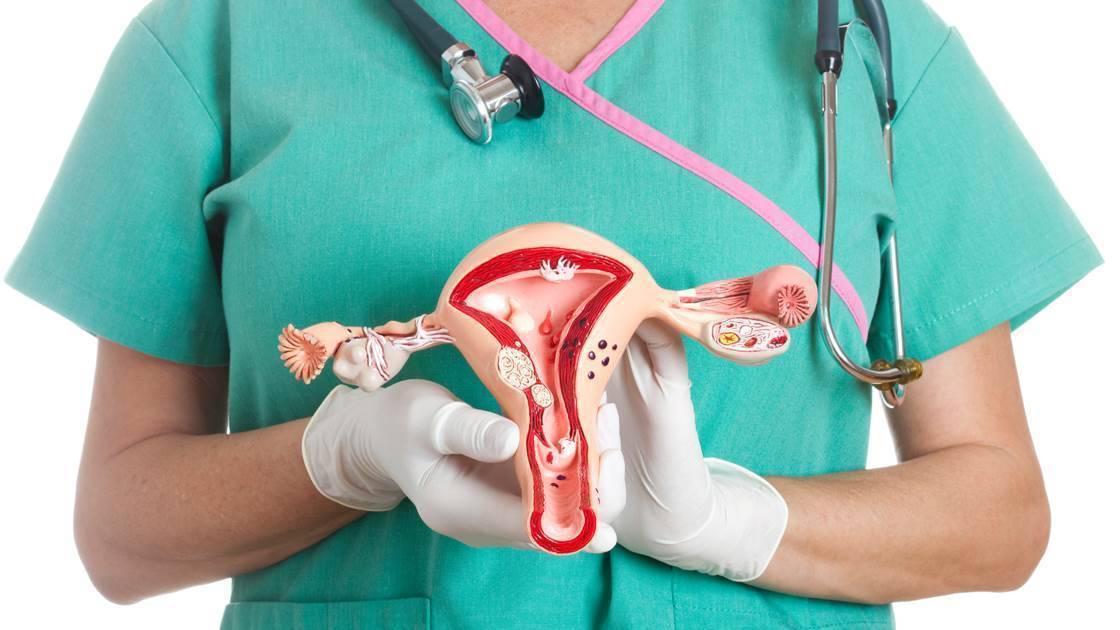
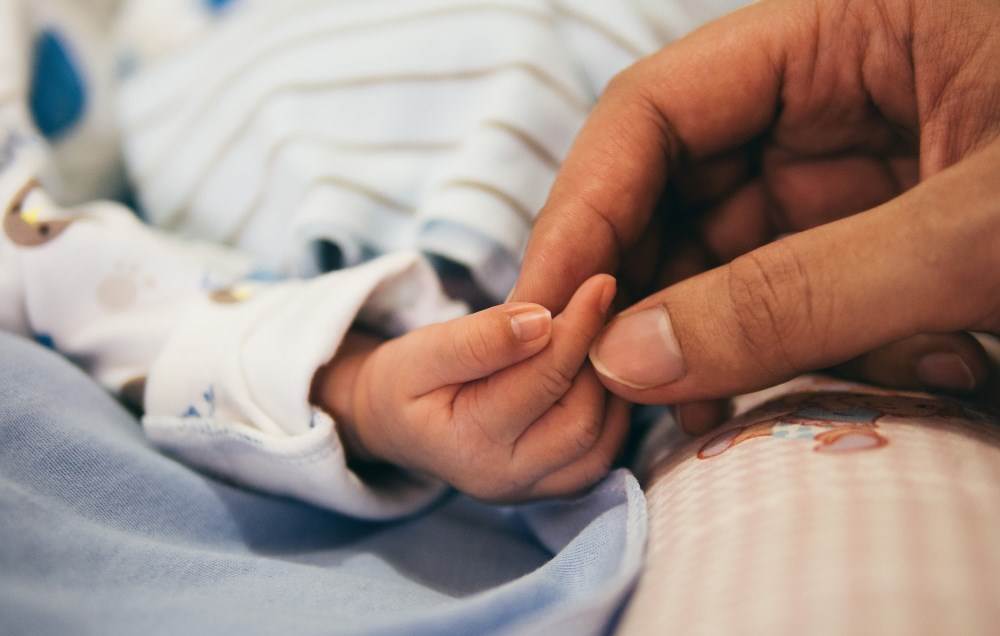
You've lost or gained a tonne of weight.
Despite being capable of carrying another human being to term, your body's chemistry is really quite delicate, and when you add or subtract a bunch of kilos from it, it can freak out. One of the ways that manifests is by denying you your monthly visit from Auntie Flow, or by making those visits a lot shorter or lighter. While this may seem like a positive, Akopians notes that "your body needs a healthy balance between protein, carbohydrates, fats and vitamins" if you want it to keep operating normally.
You're stressed to the max.
While the usual day-to-day annoyances like having a fight with your spouse or blowing a presentation at work aren't enough to throw your hormones out of whack, Choi says that major life stressors—for example, your parents dying—can do just that. She also points out that over-exercising can also wreak havoc on your period because of the stress it puts on your body, physically.
You're using hormonal birth control.
One of the most common reasons for a lighter period is going on the birth control pill; some doctors even prescribe it to women with very heavy periods for that exact reason. If you've recently started the pill or gotten a hormonal IUD and your periods have lightened up, just enjoy it.
You're pregnant!
Admit it: You've watched at least one episode of I Didn't Know I Was Pregnant, and you probably thought the women were crazy. How could someone grow a baby for 9 months and not have a clue?
While we can't explain why they didn't notice that their bellies were getting rounder, some about-to-be-mums remain in the dark for pretty long simply because they've been taught that as long as they're getting periods, there's no way they could be pregnant. Turns out, that's wrong.
Although most women stop getting periods once they conceive, some continue to experience bleeding, says fertility expert Dr Janet Choi. In fact, she's had patients who've been struggling to get pregnant go out drinking after a light version of their period shows up—only to later learn that they really are with child.
Unusually light periods or spotting could also indicate an ectopic pregnancy (when an egg implants somewhere other than the uterus), which can be very dangerous. When in doubt, take a pregnancy test.
You're getting older.
Don't worry—this doesn't mean you're old! But when a patient mentions a diminishing return on her tampon investment, the first thing Choi looks at is age. Menopause might be around the corner, but not always. "Sometimes with ageing the cycles change," she says, noting that it's not necessarily a sign of infertility. "Someone who needed to use a super pad in their 20s and early 30s may find they need less protection in their later 30s."
You have cervical stenosis.
A rare but uncomfortable problem, Akopians says this occurs when the cervix narrows or closes up completely. As a result, blood stays trapped in the uterus or is only able to trickle out slowly. If you have bad cramping despite a light flow, talk to your doctor.
You have scar tissue in your uterus.
Most women who have gone through routine dilation and curettage (D&C) procedures heal with zero complications, but sometimes severe scarring causes the walls of the uterus to stick to each other, causing what's known as Asherman's syndrome. If your period seems to have lightened up a lot after you've had a D&C, this might be your problem. You may need surgery to remove the scar tissue.
You lost a tonne of blood during or after childbirth.
"This is a very rare condition," says Akopians. Losing a lot of blood deprives your body of oxygen, which can end up damaging the pituitary gland and causing something called Sheehan's syndrome. That, in turn, drastically reduces the gland's production of hormones, including those that control your menstrual cycle. You'll probably need hormone replacement therapy.
Bottom line: While having a lighter period than normal isn't necessarily cause for alarm, don't ignore the change. Track your cycle for a couple of months, and if it doesn't go back to "your" normal, make an appointment with your gynaecologist.






